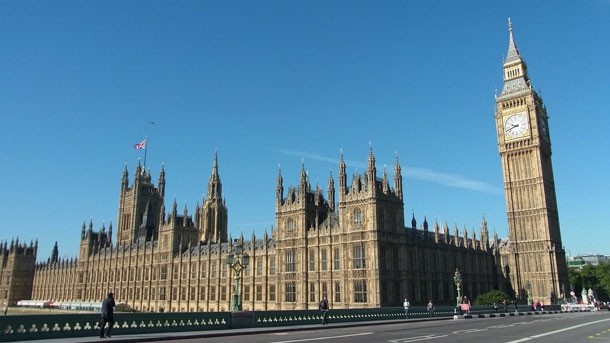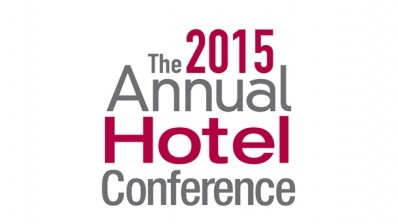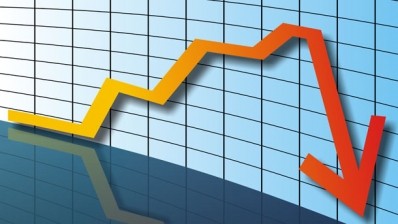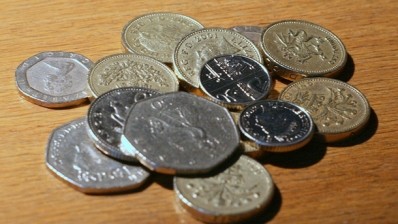#AHC2014: Political uncertainty could dampen hotel growth

International threats such as Islamic State and the Ebola virus could put travel at risk and affect hotel results, according to CBRE director David Bailey. “We are in a completely different economic environment, and to my mind the key uncertainties right now are geopolitical,” he said.
And even at home, it is political events that could create obstacles to the growth of the hospitality sector, with the outcome of the May 2015 election still very much in the balance.
Immigrant workforce
Delegate Robert Nadler, chief executive of Nadler Hotels, asked a panel of experts how the industry would cope with the closing of UK borders proposed by UKIP - a party which recently surged in the polls.
Starwood Hotels president of Europe, Africa and the Middle East Michael Wale said the result of this policy would be very negative for the hospitality industry, which relies largely on immigrant workforce to meet its employment needs, and despite that faces an important recruitment challenge.
“We employ lots of great workers from many different nationalities, and to be honest, if we had to rely solely on the UK to meet our staff needs, there just wouldn’t be enough people,” he explained.
But for Bailey, at least from a financial standpoint, whichever party occupies number 10 won’t have much room for drastic changes to economic policies due to the current “economic straightjacket”.
“If we do see an increase in minimum wage however, that could clearly be an issue for hoteliers,” he added.
Hotel CEOS speaking at the event at the Hilton Manchester Deansgate all expressed their support for the Cut Tourism VAT campaign, saying the industry should fight to be recognised by the government as the growth engine it is.
Business indicators
From a macro perspective, all indicators point to the sector’s return to growth.
“Effectively between January 2006 and July 2014, average daily rates are broadly the same, adjusted for inflation, but occupancy is 5 per cent ahead, and that’s great news.
“Provincial hoteliers had to endure 25 months of declining occupancy, rapidly declining revenue per available room (RevPAR), and 57 consecutive months, almost five years, of gross operating profit per available room (GOPPAR) decline. But the great news is that they have now enjoyed 16 consecutive months of GOPPAR rises,” Bailey said.
He pointed out that the majority of city markets are now either at or over their 2008 performance in terms of RevPAR, though once adjusted for inflation, the results show that only London, Glasgow and Aberdeen have exceeded their pre-recession performance.
He added that since 2000, hotel room supply has increased by 4.5 per cent a year on average, demand by 4.1 per cent and revenue by 5.6 per cent, which he qualified as “phenomenal”.
Investment
Investors both domestic and international have been particularly active on the hotel market in the past 12 months, with the likes of Starwood Capital purchasing De Vere Venues in March for over £32m and a trio of investors including Goldman Sachs acquiring the Travelodge portfolio.
“We have seen a significant increase in acquisitions over the last 12 months and it looks set to continue. Investor confidence is driven by positive GDP forecast in RevPAR growth, an increase in the availability of hotel debt, a number of well-capitalised new entrants coming into the market, and the fact that investors have been waiting for an opportunity to divest since 2008,” Bailey added.
Branded hotel domination
When analysing the openings and closures timeline since the crisis, he explained that branded hotels, whether global or national, accounted for almost 90 per cent of new openings, while independents represented 90 per cent of closures.
In 2012 alone, 216 independent hotels closed - the equivalent of four closures a week, while 128 new hotels opened.
Interestingly in terms of room numbers, closures are well matched by new openings. In 2013 there were 100 fewer hotels than the year before, and yet 265 more rooms. In 2014 so far there are 21 fewer hotels but 1004 more rooms, which shows that smaller hotels continue to close, while the number of larger hotels has been growing.
The budget formula
Budget hotel rooms represent 51 per cent of the development pipeline until 2017, with Premier Inn accounting for 41 per cent of these rooms.
On the other hand, Bailey pointed to very low activity in the mid-market, while the five-star development is “to all intents and purposes restricted to London”.
But Shane Harris, CEO of Jupiter Hotels, said the mid-market was “not dead”, with the resurgence of corporate demand and the rise of ‘staycations’ paving the way for a revival of the segment.

































